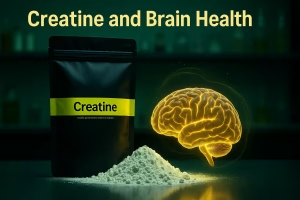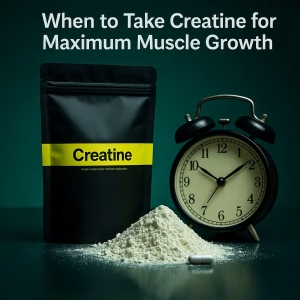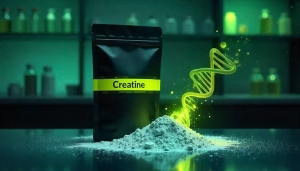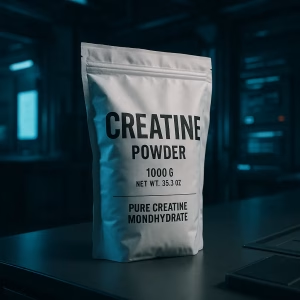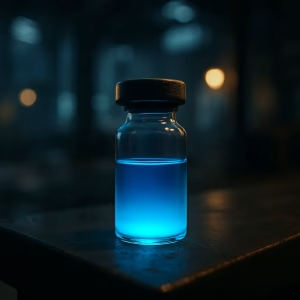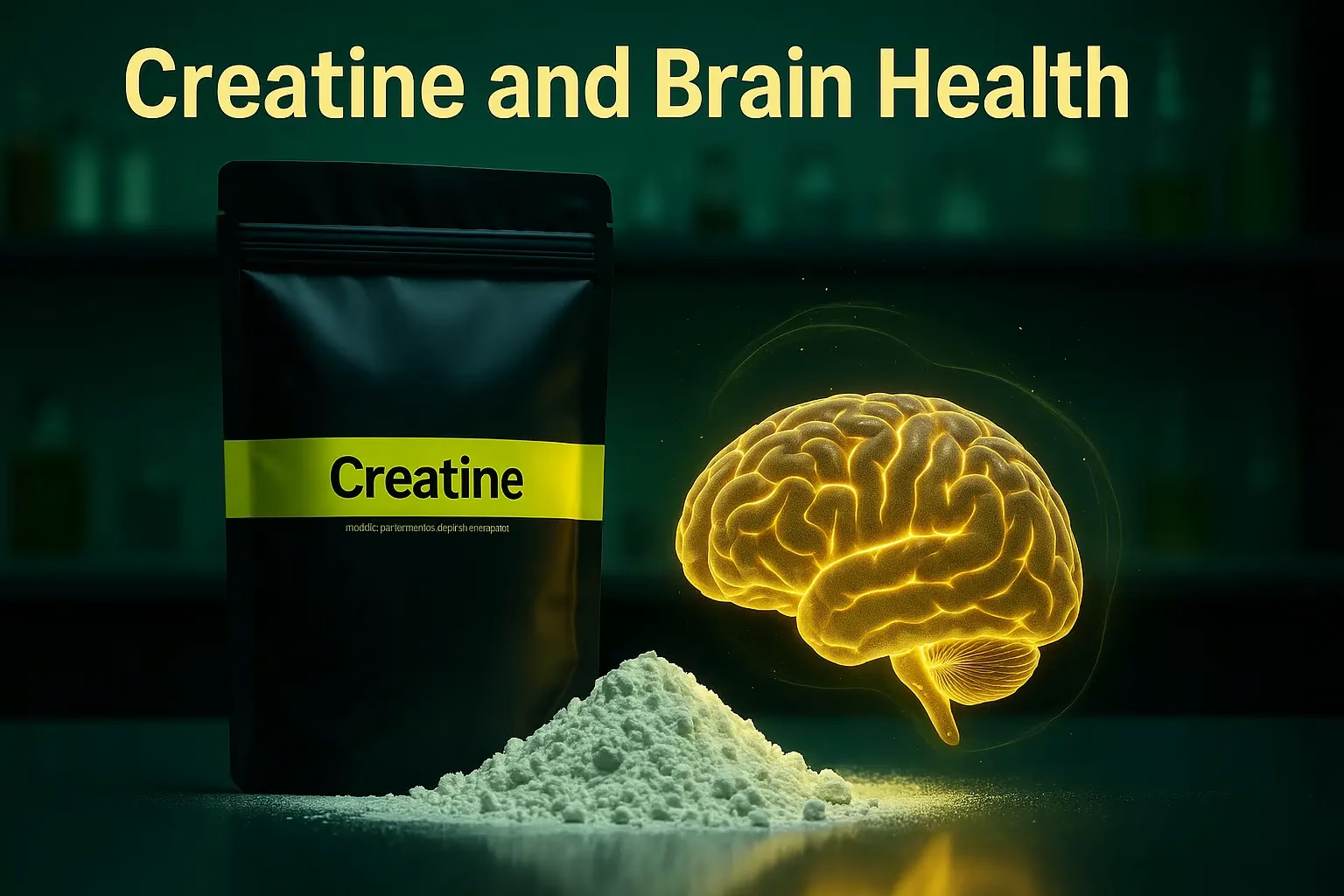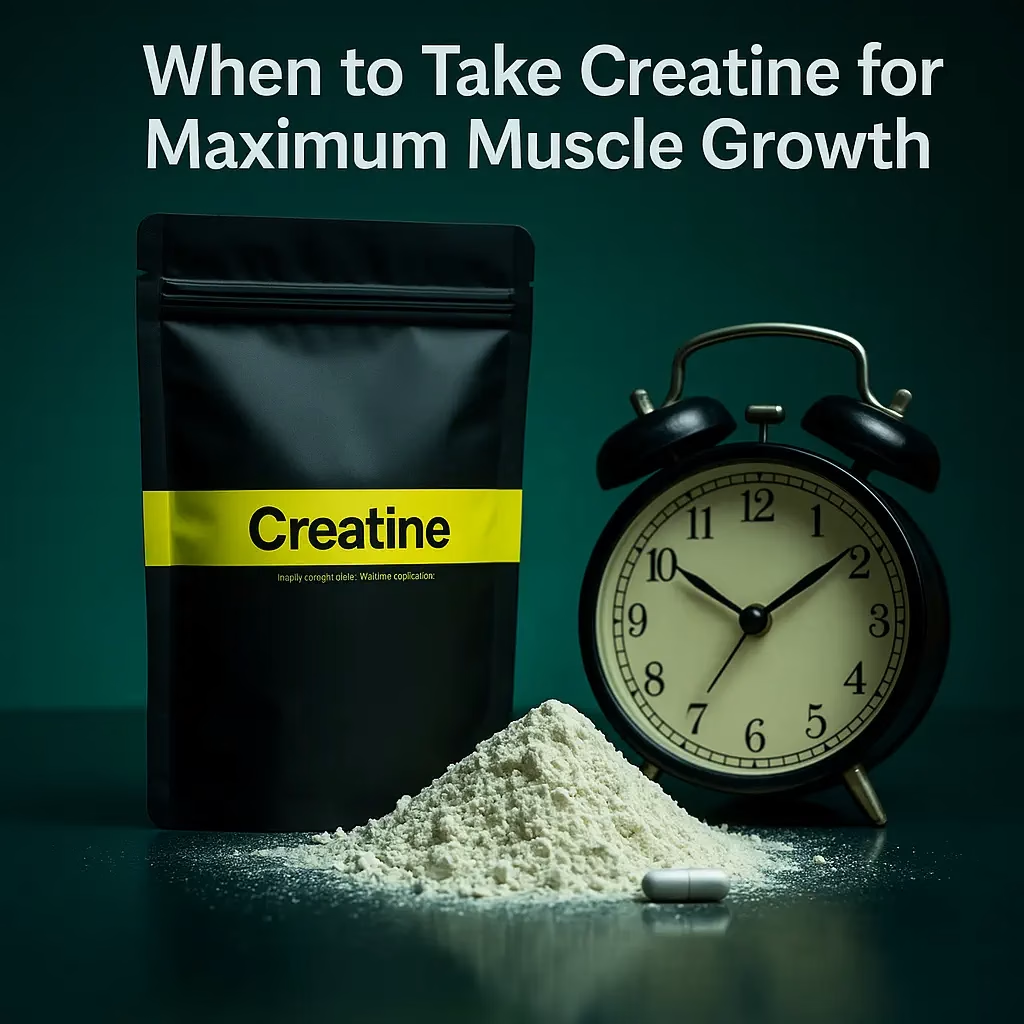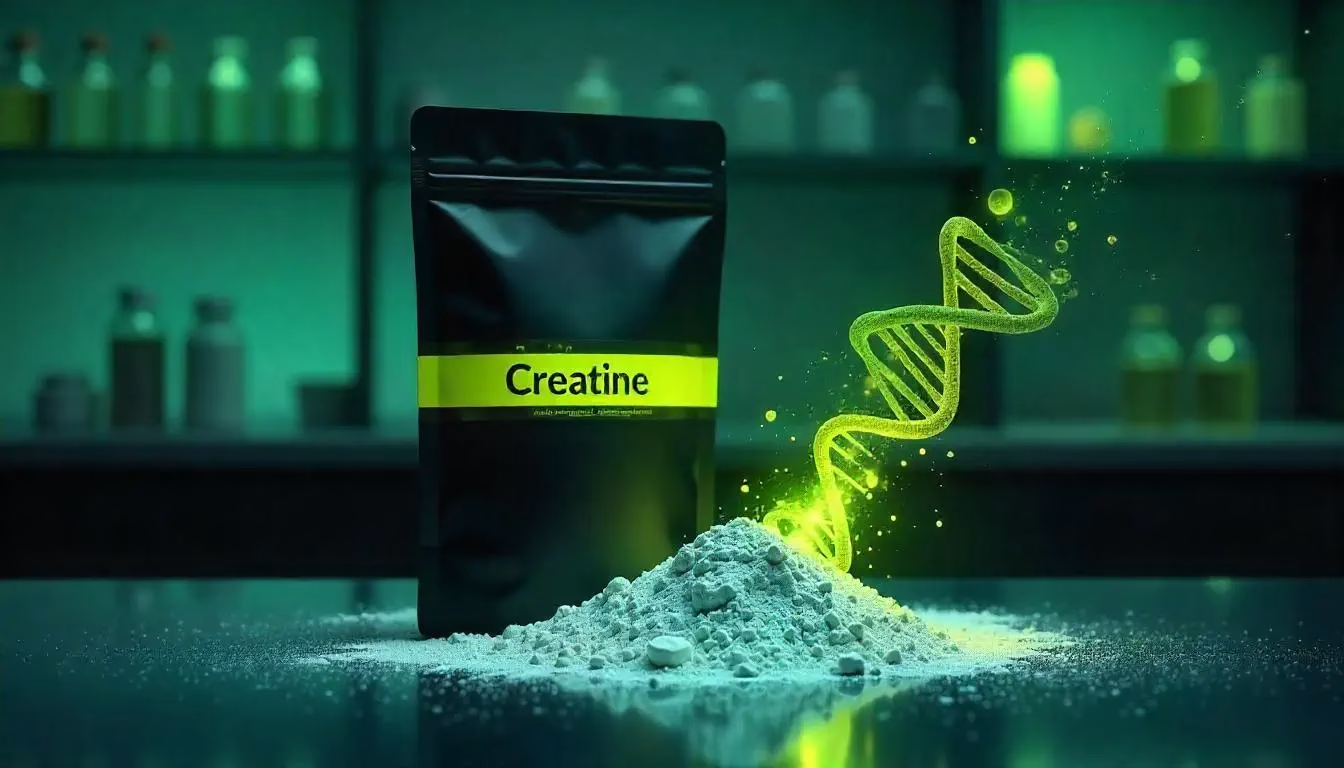Low testosterone and type 2 diabetes—two conditions that often walk hand-in-hand. For men with hypogonadism and type 2 diabetes (T2DM), testosterone replacement therapy (TRT) may offer relief beyond just energy boosts and muscle gains.
Research shows TRT can help improve insulin sensitivity, glucose control, and overall well-being. How exactly does TRT fit into the puzzle of managing both hypogonadism and T2DM? Let’s dive into the connection and explore the benefits!
1. What is Hypogonadism? Understanding Low Testosterone in Men
Hypogonadism in men, also known as testosterone deficiency or low T, is a condition where the body doesn’t produce enough testosterone. This hormone plays a crucial role in male development, sexual function, muscle mass, bone density, and overall well-being.
Causes of low testosterone can include:
- Aging
- Injury or infection of the testes
- Certain medications
- Chronic health conditions
Symptoms of androgen deficiency may include:
- Fatigue and low energy
- Reduced muscle mass
- Increased body fat
- Decreased libido
- Mood changes and irritability
The impact of hypogonadism on men’s physical and emotional health can be significant, affecting everything from body composition to cardiovascular health.
2. The Connection Between Hypogonadism and Type 2 Diabetes
There’s a strong link between low testosterone and diabetes, particularly type 2 diabetes (T2DM). Men with T2DM are more likely to have low testosterone levels, and conversely, men with low T have an increased risk of developing T2DM.
Common symptoms seen in men with both hypogonadism and T2DM include:
- Insulin resistance
- Obesity, especially abdominal fat
- Fatigue
- Sexual dysfunction
- Poor glucose control
This combination of conditions can create a challenging cycle, as each can exacerbate the other. Managing testosterone therapy in diabetics becomes crucial for overall health improvement.

3. How TRT Works for Men with Hypogonadism and T2DM
Testosterone replacement therapy aims to restore testosterone to normal levels, alleviating symptoms of deficiency. For men with both hypogonadism and T2DM, TRT can offer additional benefits in managing their diabetes.
Methods of TRT include:
- Injections
- Gels
- Patches
- Pellets implanted under the skin
When considering TRT for diabetics, safety is paramount. Close monitoring and personalized TRT plans are essential to balance hormone levels while managing blood sugar.
4. The Benefits of TRT for Men with Hypogonadism and Type 2 Diabetes
TRT can offer several benefits for men managing both low testosterone and T2DM:
- Improved insulin sensitivity and blood glucose control
- Increased muscle mass and reduced fat, especially visceral fat
- Enhanced energy levels and mood
- Potential cardiovascular health improvements
These benefits can lead to better overall diabetes management and improved quality of life. TRT for type 2 diabetes management is becoming an increasingly important consideration in endocrinology.

5. Potential Risks and Side Effects of TRT in Men with T2DM
While TRT offers many benefits, it’s not without risks. Potential side effects and considerations include:
- Changes in red blood cell production
- Sleep apnea
- Acne or oily skin
- Possible increased risk of cardiovascular events (though this is debated)
For men with T2DM, careful monitoring of blood sugar levels is crucial when starting TRT, as it can affect insulin sensitivity and glucose metabolism.
6. Is TRT Right for You? Talking to Your Doctor
If you’re experiencing symptoms of low testosterone and have T2DM, it’s important to discuss TRT with your healthcare provider. Here’s how to approach the conversation:
- Describe your symptoms in detail
- Ask about testing for testosterone levels
- Discuss how TRT might interact with your diabetes management
- Explore different TRT options and their pros and cons
Your doctor may recommend additional tests to evaluate your overall health and determine if TRT is appropriate for you. Remember, a personalized approach is key when managing both hypogonadism and T2DM.
Wrapping Up
Testosterone replacement therapy is a promising option for men managing both hypogonadism and type 2 diabetes. If you’re struggling with low energy, poor glucose control, or other symptoms tied to low testosterone, TRT could be the key to improving your overall health.
As always, work closely with your doctor to weigh the benefits and risks of TRT in your unique case—your path to better health might start with restoring balance to your hormones.
By addressing both conditions simultaneously, men may experience improvements in metabolic health, body composition, energy levels, and overall well-being. However, it’s crucial to approach TRT as part of a comprehensive treatment plan that includes lifestyle modifications, proper nutrition, and regular exercise.
Remember, every individual is unique, and what works for one person may not be ideal for another. Ongoing monitoring and open communication with your healthcare team are essential for successful management of both hypogonadism and type 2 diabetes with TRT.
References & Studies
One key study, TIMES2, explored the impact of TRT on men with hypogonadism and metabolic syndrome or T2DM. The results showed significant improvements in insulin resistance (reductions in HOMA-IR), cholesterol levels, and body composition over a 12-month period. The study participants also experienced better glycemic control, including reductions in HbA1c, a key marker for blood sugar control(Diabetes Journals).
Another study conducted over an 11-year period found that long-term TRT helped reverse diabetes in nearly one-third of the participants. The men who received TRT also saw substantial improvements in weight, fasting glucose, HbA1c, and insulin sensitivity, as well as a reduction in diabetic complications like heart attacks and strokes(University at Buffalo).
A meta-analysis also supported these findings, showing that TRT improved glycemic control by lowering HbA1c and reducing insulin resistance in men with T2DM. Additionally, the therapy improved lipid profiles, increasing HDL cholesterol while lowering total cholesterol and triglycerides(MDPI).
These studies suggest that TRT can be a promising adjunct treatment for men with T2DM and hypogonadism, not only for managing low testosterone but also for improving metabolic health and potentially reversing diabetes. However, further randomized controlled trials are needed to confirm these findings.

